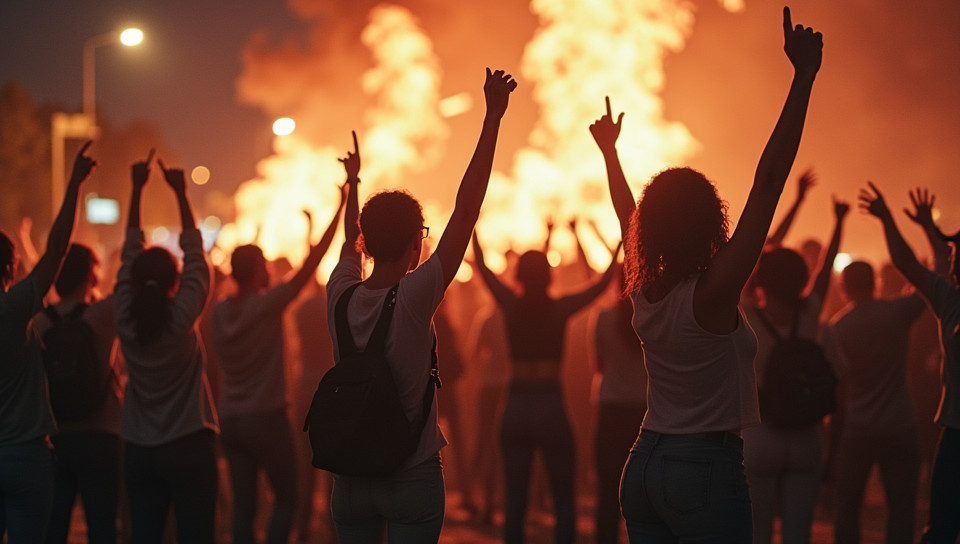Injustice against marginalized groups leads to social unrest 75%

Social Unrest: A Symptom of Injustice Against Marginalized Groups
In times of peace and harmony, it's easy to overlook the struggles of those who have been marginalized for centuries. However, when we turn a blind eye to injustice, we create an environment ripe for social unrest. The simmering tensions between different groups can boil over into protests, riots, and even violence.
What is Marginalization?
Marginalization refers to the process by which certain groups are excluded from participating in the social, economic, or cultural mainstream. This exclusion can be based on factors such as race, ethnicity, gender, sexuality, or disability. When marginalized groups face systemic injustices, they often feel their voices are not heard, and their needs are ignored.
The Consequences of Injustice
Injustice against marginalized groups can have severe consequences, including:
- Denial of basic human rights
- Limited access to education and employment opportunities
- Increased poverty and economic instability
- Poor health outcomes due to lack of access to quality healthcare
- Higher rates of incarceration and police brutality
The Role of Social Unrest in Highlighting Injustice
Social unrest often serves as a catalyst for change, drawing attention to the systemic injustices faced by marginalized groups. When protests and demonstrations become widespread, they can no longer be ignored by those in power. This is because social unrest highlights the failures of the system and demands that policymakers address the root causes of inequality.
The Importance of Addressing Injustice
Addressing injustice against marginalized groups is not only a moral imperative but also a necessary step towards creating a more equitable society. By acknowledging and addressing the systemic injustices faced by marginalized communities, we can:
- Create opportunities for social mobility
- Promote economic growth and stability
- Foster greater understanding and empathy between different groups
- Build trust in institutions and promote social cohesion
Conclusion
Injustice against marginalized groups is a ticking time bomb that can lead to devastating consequences. However, it's not too late to make amends and work towards creating a more just society. By acknowledging the struggles of marginalized communities and addressing systemic injustices, we can prevent social unrest and build a brighter future for all. The time to act is now – let us seize this moment to create a world where everyone has an equal chance to thrive.
- Created by: Linda Collins
- Created at: Sept. 11, 2024, 9:14 p.m.
- ID: 9171




